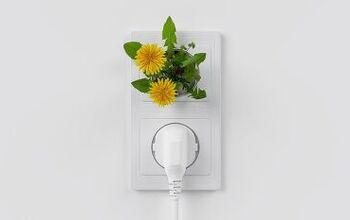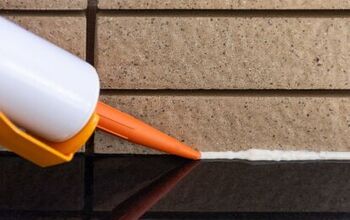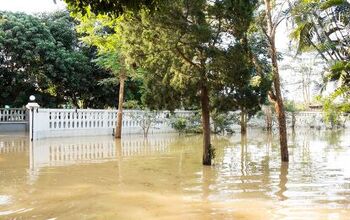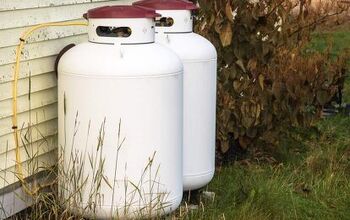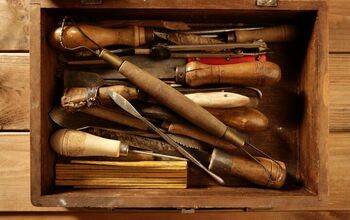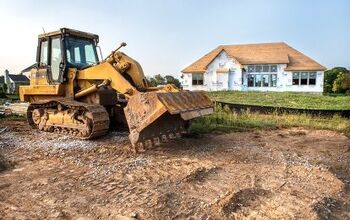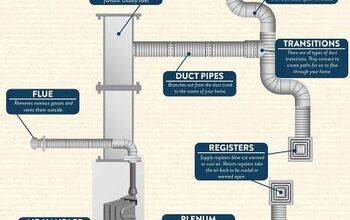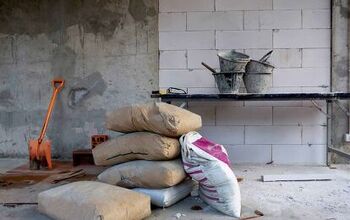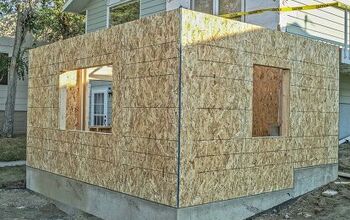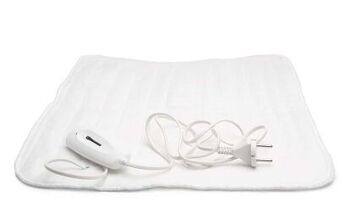Don't Forget To Do These 9 Things After Closing On A House

After conquering the stressful and tumultuous journey that is often known as house hunting, you finally have a place to call your own. Closing is over and the keys are yours, but your to-do list isn’t complete. There are a few important things to do after closing on a house.
Applying for homestead exemption, changing the locks, meeting your new neighbors, and updating your driver’s license are important things to do after a house closing. Change your address on your bills, subscriptions, and other correspondence. Beware of new homeowner scams, organize your house papers, and line up essential service professionals. Test your home’s safety equipment and clean and prep before unpacking.
Buying a house is an exciting time, and, understandably, you’re ready to make your new place feel like home. But don’t get ahead of yourself. Check these essentials off your list before you let too much time pass after closing on a home.
1. Apply For Homestead Exemption
There are lots of great things about being a homeowner but paying property taxes isn’t one of them. Depending on where you live, you could pay thousands of dollars per year in taxes. The good news is that many states offer you a hefty break on your property tax bill in the form of a homestead exemption.
When you buy a house, you’ll have to apply for your homestead exemption to reduce the taxable value of your home. To be clear, this exemption does not decrease your home’s worth but rather allows you to only pay taxes on a portion of your home’s assessed value instead of the entire amount.
Forgetting to apply for this tax break makes you pay thousands extra in taxes each year. Most states offer some type of exemption, and you typically get a renewal notice each year. If you pay your taxes via an escrow account, you’ll need to ensure your lender gets a current copy of your homestead exemption.
2. Change All The Locks
Schedule an appointment with a locksmith for the day of your closing. Or if you’re handy, tackle the task yourself. No matter how you do it, the first time you use your new keys to enter your home should also be your last.
Failing to change the locks on your new home could lead to significant safety concerns. This doesn’t mean the previous owners are going to launch some sort of sneaky burglary. But it’s a very real possibility that others have access to your home.
For example, the seller’s previous house sitters, relatives, friends, neighbors, etc. could have had a set of spare keys. Maybe a repairman or service professional had access to the keys on occasion. The point is, you can’t be too careful, so either re-key the locks or get new ones.
3. Update Your Address
Once your new address is official, it’s time to let everyone know about it (or at least the people you want to tell). Fill out a change of address form at your local post office or on their website to handle any mail that may still go to your old address.
In the meantime, start changing your address directly with any current subscriptions, your banks, credit cards, insurance companies, and other places you regularly do business with. Send a notice to family and friends and visit the DMV to get an updated driver’s license.
Before you get your new license, it’s worth taking a few moments to look online to see what paperwork you’ll need to bring with you. Typically, you’ll need to show a couple of different proof of address to make the change, like a utility bill (speaking of utility bills, did you transfer your utility services?).
Don’t wait too long to get your new ID. Many states have strict timelines in place for how long you have to get an updated license. If you miss the deadline, it could lead to consequences, the least of which is higher costs when you get your new driver’s license.
4. Test Your New Home’s Security And Safety Devices
Does your new house have a smoke alarm or carbon monoxide detector? If not, it should. Install these devices immediately and make sure they’re in proper working order. If the house already has them, test them to ensure they work properly. If you’re unsure about the status of the batteries, replace them.
Although an alarm system isn’t a necessity, if the home has one, you might as well take advantage of it. Make sure it works. If it’s a monitored system, get all the necessary contact information for the existing monitoring company and make sure they have your new information.
You will need to set up new pass codes and schedule a test with the company to make sure everything works correctly. You can also arrange for a test of monitored smoke alarms, so you don’t unwittingly alert the fire department.
5. Organize Papers For Your New Home
Start files for all of the new paperwork you’re bound to get after buying a house. You’ll have insurance papers, home inspection reports, appraisal reports, title information, fee schedules, and the list goes on and on. Having all of these papers in one place makes it easy to put your hands on something when you need it.
It’s also a good idea to gather any papers that accompany new components of your home. For example, did you acquire an existing home warranty or termite contract? Are there any specific appliances or features that came with the house that include warranties or manuals? Make sure you know where these papers are and keep them organized in one convenient location.
6. Clean And Prep Rooms Before You Unpack
Setting up your new furniture and decorating is one of the best parts of moving into a new place. But it doesn’t make sense to do all that work before you clean, paint, and prepare your spaces. Take time to give your new home a thorough cleaning before you start unpacking boxes.
Painting and cleaning is a lot easier and faster when a room is empty. Unpack your essentials and keep everything else in one location while you set up each room the way you want it to be.
Start with the room you need the most, for example, your bedroom or the kitchen, etc. Whichever room you plan to use the least can act as a storage and command center until you’re finished with the rest of the house.
7. Research Local Service Professionals
If you’re moving to a new house in the same city, then this step won’t be necessary (unless your new place has something your old one didn’t, like a pool, hot tub, or fireplace). But if you’re moving to a new city, state, or beyond, you need a whole new batch of service pros to help take care of your property.
Start researching and asking for recommendations for electricians, plumbers, HVAC specialists, general handymen, landscapers, etc. When you have an emergency, you won’t waste any time trying to find someone reliable.
8. Beware Of Scams That Target New Homeowners
There’s a scam for everything, and new homeowners wear big targets. After closing on your home, you’ll likely start receiving emails, phone calls, and mail claiming you’re overdue on recording fees for your deed or owe some type of fee to finalize various aspects of closing.
Don’t listen to these scams. Anything you need to do or pay will be addressed at closing, so don’t click on any links in suspicious emails or give any information to anyone claiming to be someone they aren’t.
9. Introduce Yourself To Your Neighbors
Make a good first impression by taking a few minutes to introduce yourself to your neighbors. Instead of darting into your house as soon as you see someone outside, wave and say hello. Let your neighbors see that you’re friendly.
When you know each other, it’s much easier to handle any potential issues that might arise. Plus, good neighbors tend to watch out for each other and keep an eye on each other’s properties.
Related Guides:

Stacy Randall is a wife, mother, and freelance writer from NOLA that has always had a love for DIY projects, home organization, and making spaces beautiful. Together with her husband, she has been spending the last several years lovingly renovating her grandparent's former home, making it their own and learning a lot about life along the way.
More by Stacy Randall










